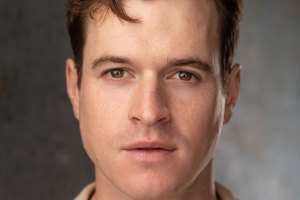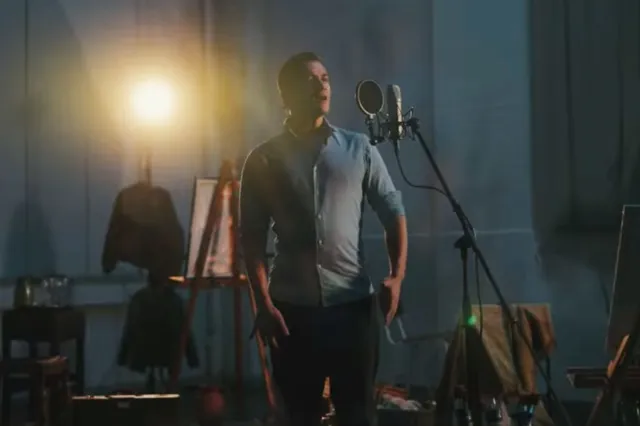On Guard with Edgar & the ENO
I couldn’t attend Friday’s opening night of The Baker’s Wife because I had a dinner date with playwright David Edgar. This therefore meant that my Saturday was divided between two of the most severely contrasting shows I’ve ever seen: the delightful revival of the not very good Joseph Stein and Stephen Schwartz musical at the Union; and the brilliant British premiere of the dismal and depressing Holocaust opera, The Passenger, at the ENO.
A few years ago he was a guest on the Radio 4 discussion programme, Any Questions, and he’s slightly miffed that he hasn’t been invited back. “They’re mad not to invite you back,” I said, semi-miffed on his behalf. “I agree,” said Edgar before going on to reveal that the highlight of his career was undoubtedly being a guest on Desert Island Discs towards the end of Sue Lawley’s stint in the chair.
His choice of records included Bach’s B-Minor Mass (because he’d sung it at school), the Beatles’ “Strawberry Fields For Ever” and “Gee, Officer Krupke” from West Side Story — “because it’s the best comic song in any musical ever,” and I certainly agree with that.
Like most people, I am intimidated by Edgar in public. He’s invariably the cleverest person in the room. He’s very tall. And he talks very loudly, in a very posh accent. He’s keen on committees and he’s an awesomely authoritative teacher: he instigated the MA in playwriting course at Birmingham University (where he remains an honorary Fellow) and, in the 1990s, convened a series of theatre conferences that were the best I’ve ever attended.
It’s somehow comforting, though, that two of the outstanding firebrand playwrights of the early 1970s — he and Howard Brenton &mdahs; should, forty years on, be writing dramas about the history of the King James Bible in the quartercentenary of that great book’s existence.
Edgar’s Written on the Heart — which opens in the RSC’s Swan Theatre in early November — takes up the story of the Bible, and the Reformation, where Brenton’s Anne Boleyn more or less leaves off. But both have written seriosu political plays that link the Reformation — running through the Enlightenment and the Industrial Revolution — to our own times and concerns.
And just because he was once a Marxist revolutionary, now settled comfortably on the left wing of the Labour Party, does not mean that Edgar has no time for organised religion. He’s not a committed Christian, but he’s intellectually fascinated by questions of faith and, of course, fundamentalism, having not lurched to the right on Islam like his fellow polemicists Christopher Hitchens and David Aaraonovitch.
Brenton’s father was a Methodist minister, Edgar’s dad (still going at 92) the longest-serving producer of Songs of Praise on television (and, as it happens, of Come Dancing and Gardener’s World). What with David Hare writing plays about the Church of England and a companion piece to Terence Rattigan‘s The Browning Version, you’d be forgiven for thinking that our senior radical atheist playwrights had mended their ways and were shaping up for that ultimate interrogation at the Gates of Heaven with St Peter himself.
Meanwhile, The Baker’s Wife is enchantingly well done at the Union, but although Michael Strassen‘s production is tighter and far more seductive than Trevor Nunn‘s in 1989, it cannot disguise the dull “niceness” of the score, or the thinness of the libretto.
The Passenger at ENO is something else, an Auschwitz antidote to Springtime for Hitler by the forgotten Polish composer, and Shostakovich disciple, Mieczyslaw Weinberg, that recreates the horrors of the camp in flashback when a former SS overseer spots one of her charges on an ocean-going liner, heading for Brazil, in the early 1960s.
The central, insinuating “Kommandant’s Waltz” sounds like a direct lift from Shostakovich to me, but the rest of the score is extraordinary in its simplicity, roughness and rawness, and the orchestrations are truly spine-tingling. David Pountney‘s production, stunningly well designed by Johan Engel and sensationally lit by Fabrice Kebour, remains in the repertoire through October; stuff The Baker’s Wife and catch another kind of camp folly altogether.












